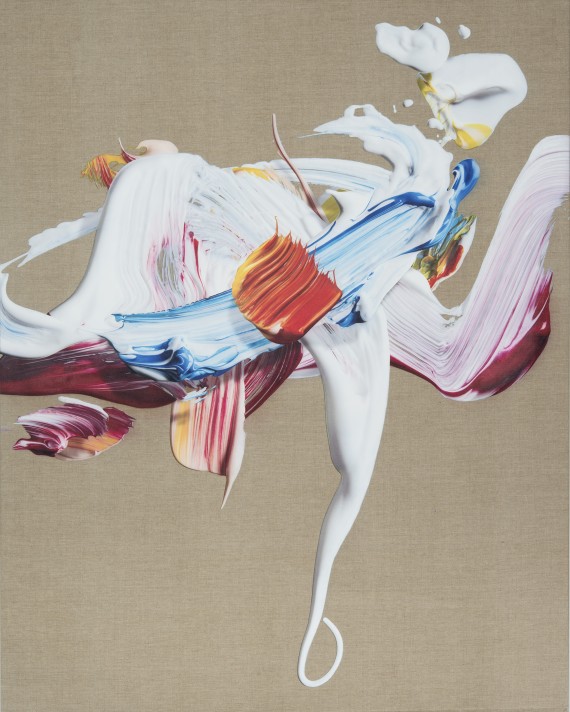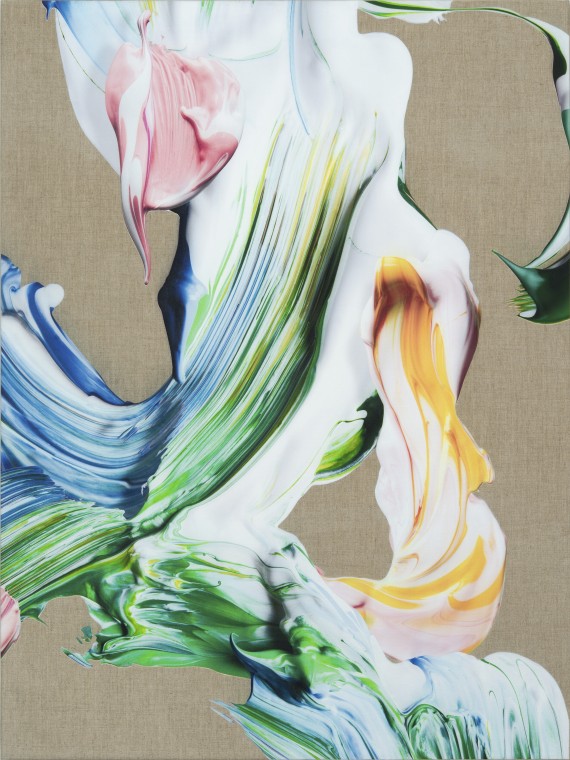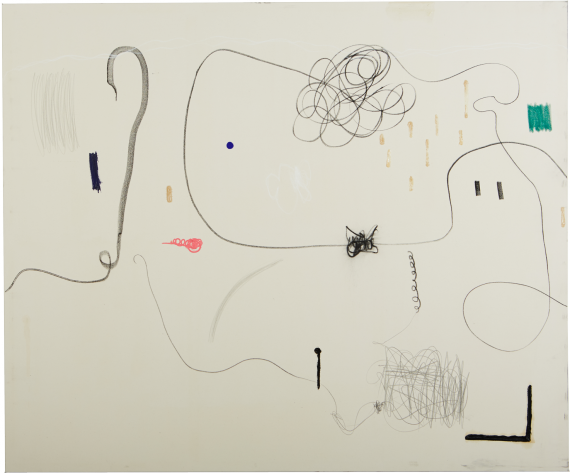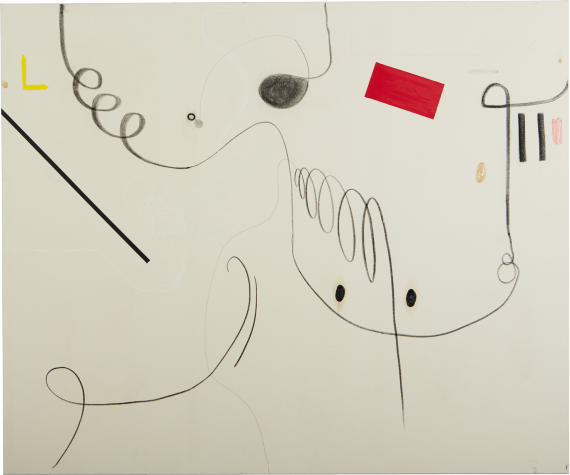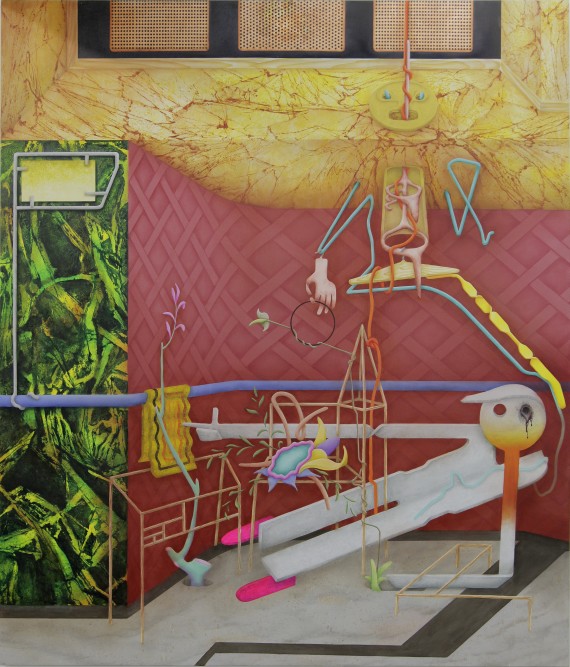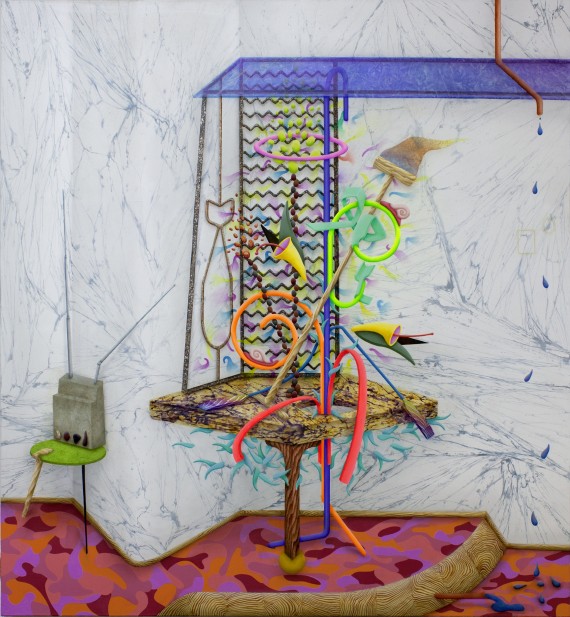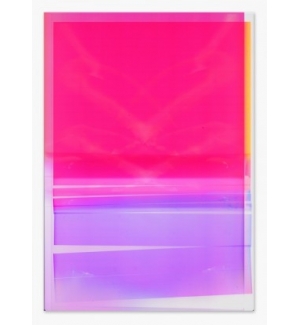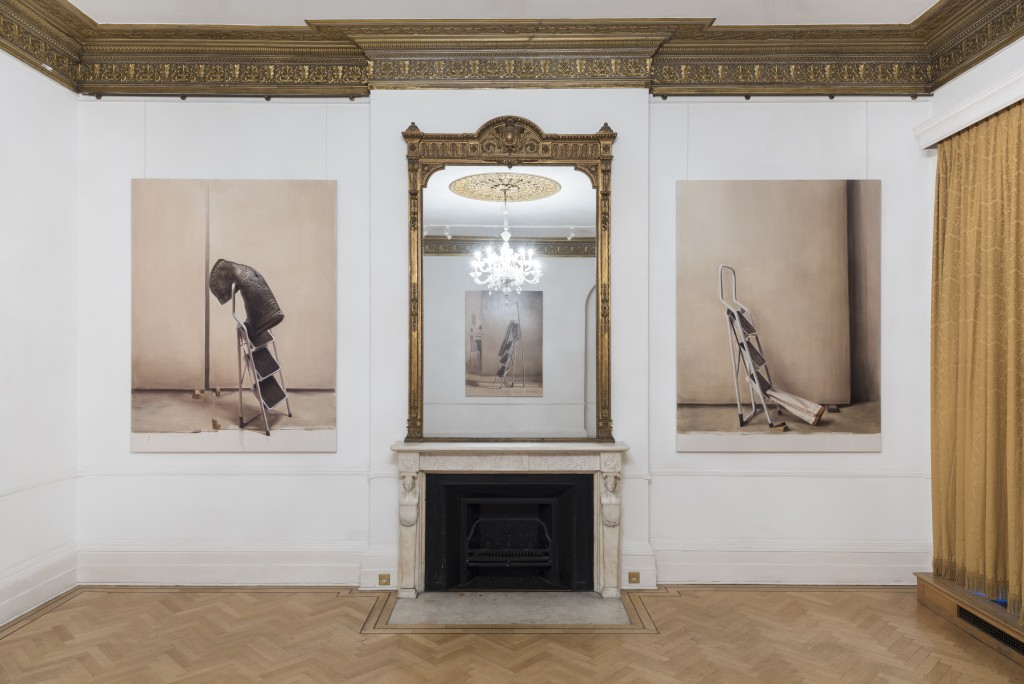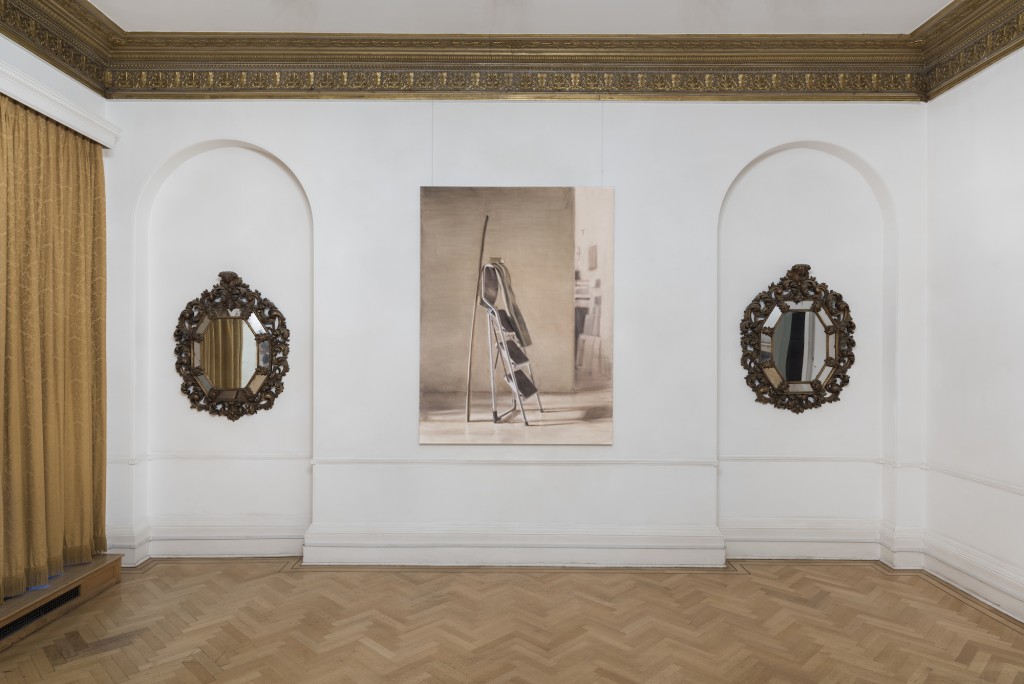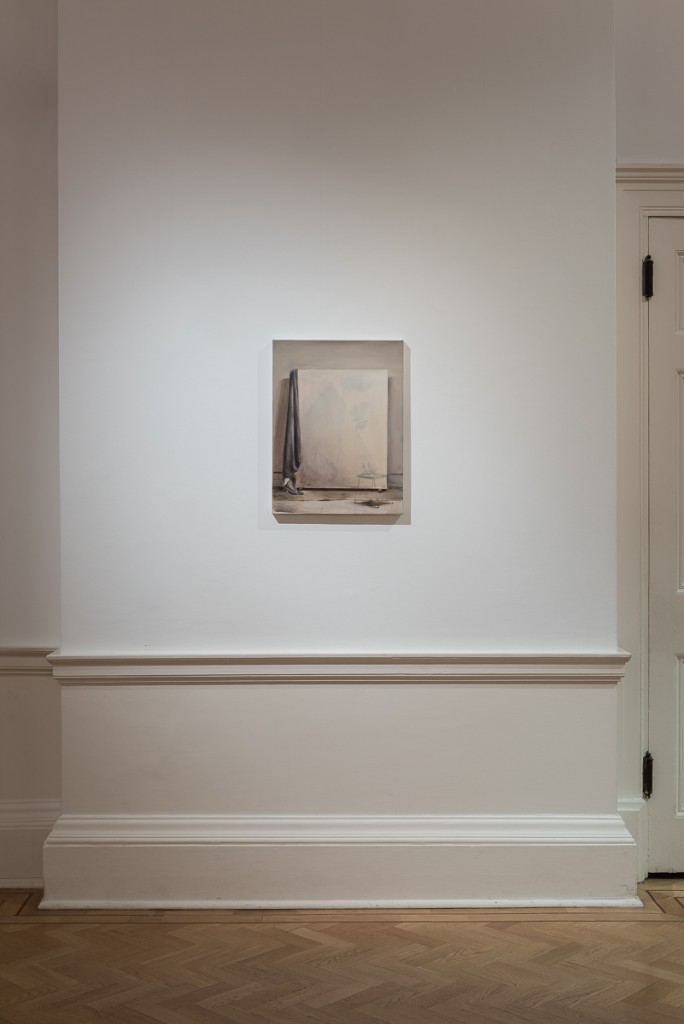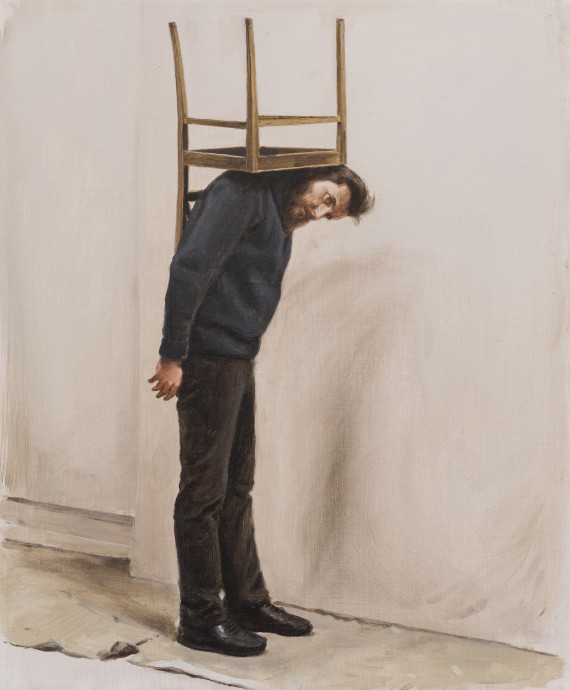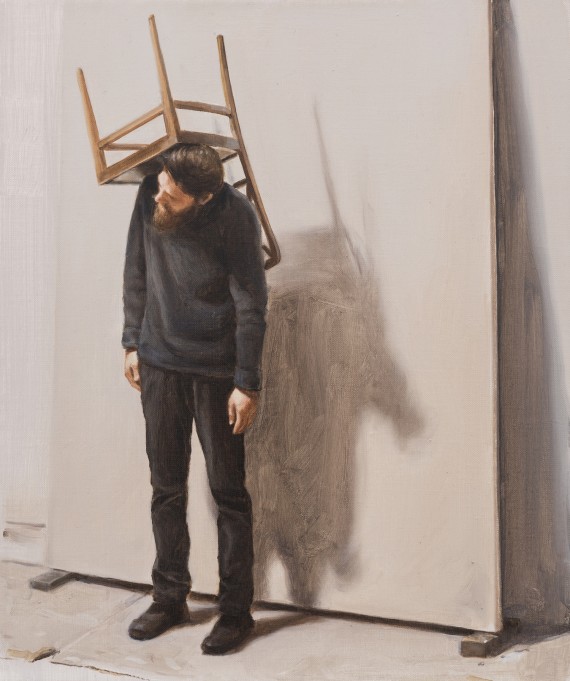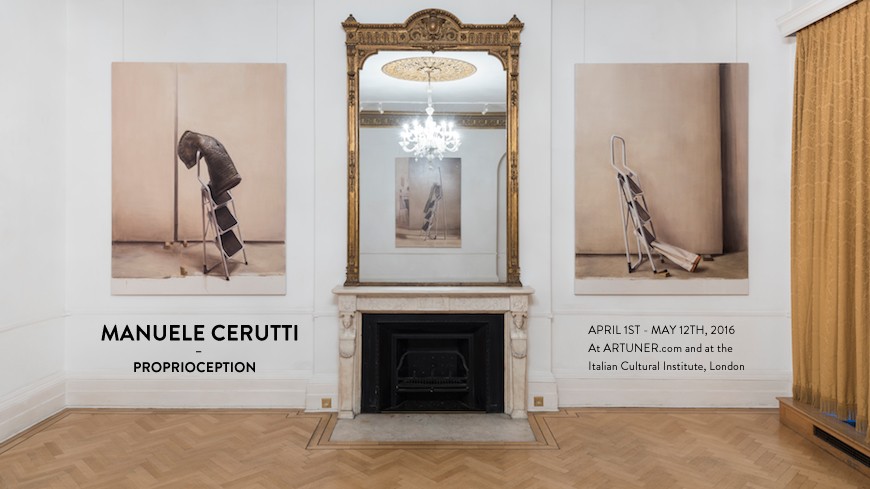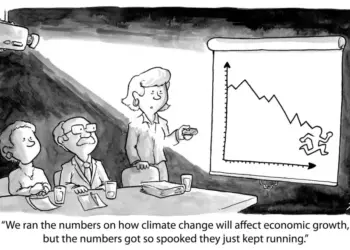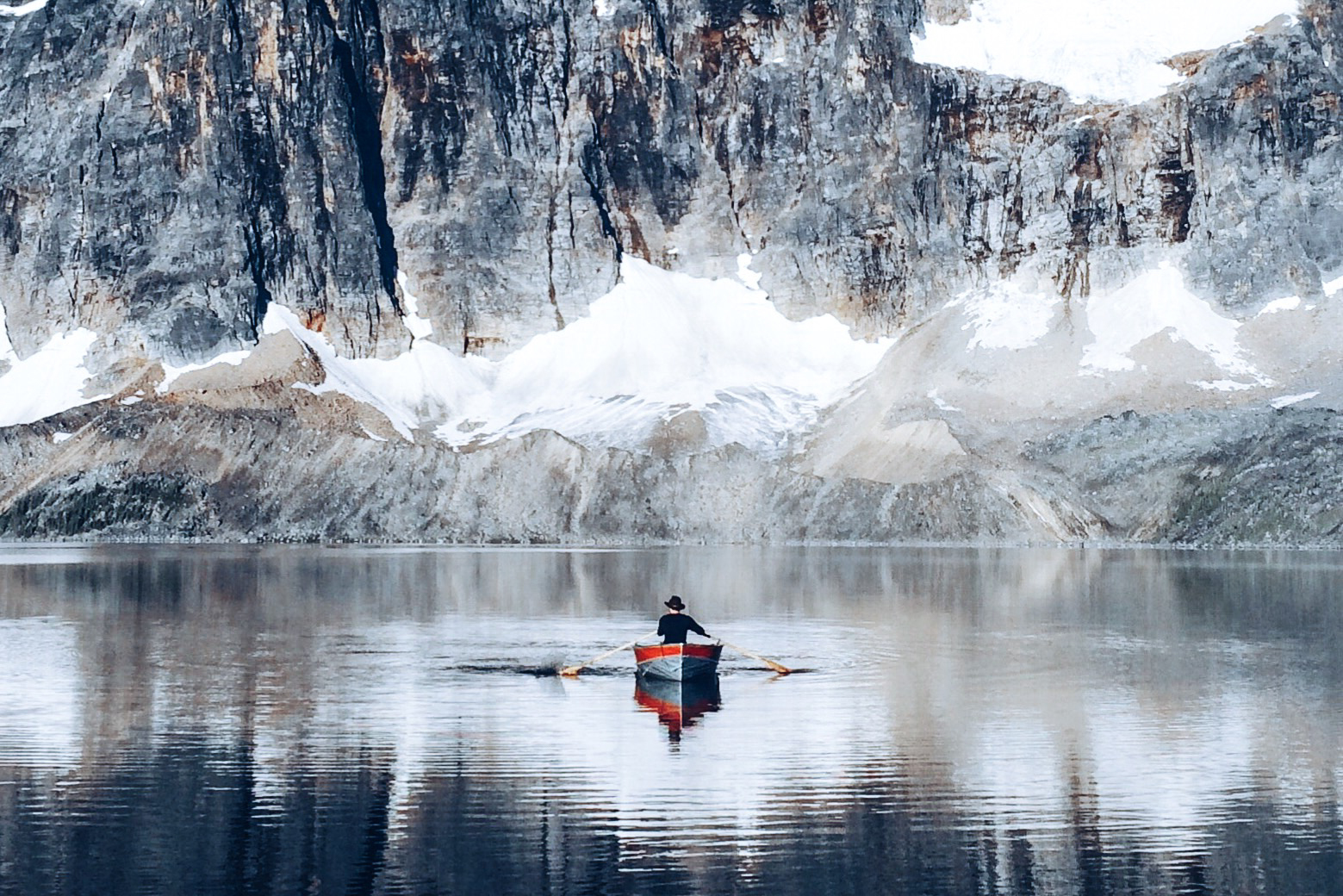The art market hasn’t slowed down since 2011. Until now.
In four years of unprecedented growth that followed the financial crisis of 2007-08, exceeding all expectations and imaginable figures, the art industry became somewhat of a “phoenix” – the symbol of a society that strived to rise from the ashes.
However, this year’s grim economic outlook, alongside with the art market’s continued dependence on struggling Chinese investors and the supply-limited nature of the business, have taken their toll, resulting in a 7 percent drop in both volume and value. In the meantime, the online art sector that has been mostly frowned upon by the industry’s heavyweights, and the one that has largely been shaped by young power players, has grown by 7 percent. Continuous success in the digital marketplace thus, once again, proved numerous critics wrong in their belief that the art world can’t adjust to the hi-tech 21 century and that art can only be sold physically, through old-fashioned brick-and-mortar galleries and auction houses.
We asked Eugenio Re Rebaudengo – the CEO of Artuner, on what it takes to keep a lucrative online art startup afloat in the extremely competitive, strongly conservative and highly turbulent environment.
ARTUNER provides guidance and expertise for collectors through educational contents on the site and a rigorous approach towards the selection of artists and projects. It offers a curated selection of artworks for sale.
Eugenio, you grew up in a family of art collectors, immersed in the art world from early childhood. It’s fair to say you have quite an extensive insight in the industry – what is your take on its current state?
Eugenio Re Rebaudengo: The art world is becoming an increasingly globalized affair with collectors from all over the world. From our position, more collectors from different continents are coming to us via the Internet as well as meeting with us in person. This attests to the increasingly wide interests of collectors and to the fact that they are willing to explore contemporary art in new ways . We enjoy being able to reach an international audience and to be keeping them up to date on our projects.
All in all, I am quite optimistic. We are certainly witnessing a state of flux in terms of taste: collectors are becoming savvier, and it’s more common for them to rely on digital models for art sales, news and databases. This means that they keep themselves informed and are quicker when it comes to learning how to navigate the art world. As information becomes more accessible, the general discourse surrounding art is becoming less cursory. People trust online platforms such as ours, especially when there are people behind them and there is a personal touch.
What role does Artuner, as well as other innovative online art companies play in this discourse?
E.R.: Online art companies are mixing up the playing field by introducing the potential for more interesting and dynamic models in the industry. Different online companies cover different facets of the art world, enriching it through their unique array of approaches – from dedicated social networks to web-based auction houses. Artuner, on the other hand, proposes a hybrid model: we offer both an online platform and physical exhibitions internationally. Each model – facilitated through the Internet – contributes uniquely to the art world ecosystem. The developing diversity encourages change and new forms of discourse.
Related article: “ART EVOLUTION: ARTNET CEO JACOB PABST ON TRANSPARENCY, DIVERSITY AND THE FUTURE OF THE ART INDUSTRY“
Do you believe these changes also influence the narrative around diversity and inclusion in the art business? How does Artuner address these issues?
E.R.: Artuner has distinguished itself for its educational mandate. Indeed, the content produced for the website aims at reaching people from varied backgrounds: the insights featured in Artuner magazine can appeal to a range of people, from experienced collectors to people who are approaching contemporary art for the first time. We accompany the visitor along every step of the way – through in-depth descriptions of the artworks, artist biographies, short thematic monographs and our museums and galleries guides.
How would you convince him/her to choose you over your competitors?
E.R.: We offer a unique combination that balances a strong online presence with an active program of physical projects. Our exhibitions outside of the web allow us to cultivate personal relationships with both collectors and the artists we work with. All the while, our online presence gives our global audience high quality editorial content and carefully curated online exhibitions. Artuner strives to be regarded as a platform that does more than sell art online, we are building a community of art enthusiasts and we hope that our model brings together, and provides education for, a diverse, international crowd.
What was the initial motivation behind creating Artuner?
E.R.: The idea was to create a new model – trying to acknowledge what is going on in the art world, what’s changing; trying to create something that brings value to all the different players involved in the process: artists, collectors, gallerists, and so on. It started as my dissertation when I was a university student. But then I said, “Okay, let’s make this become real.” I have a passion for contemporary art and I want to be able to share this with as wide of an audience as possible – not be bound to a physical space.
You have quite an innovative approach to the art business. Would you agree with the widely accepted belief that the art industry caters mostly to the privileged?
E.R.: While it is true that not everyone has enough resources to buy art, Artuner addresses a much wider audience. That is, anyone interested in learning and being involved with art. Through our model, we are
able to engage the public both through the articles on our website and the international exhibitions we
organize. As is the case in many other businesses, there is a great distance between the extremely expensive and the affordable. Nevertheless, unlike other industries, the ability to appreciate art – regardless of which end of the spectrum it is in – is not bound to your wealth and privilege, but to your accessibility to the nearest museum, gallery or now, Internet connection.
For a full mindmap behind this article with articles, videos, and documents see #art
From the viewpoint of the business, however, art business is quite an exclusive environment – what challenges is Artuner facing as a young company?
E.R.: Although Artuner was only founded two and a half years ago, our team of art critics, curators and specialists have already organized 7 physical exhibitions and 16 online shows. There are challenges and
fierce competition in the online art space, just as there is with any industry. Establishing credibility and quality is a challenge. However, the more time passes, the bigger base we have to build on and the easier this becomes. So I would say instilling trust in both collectors and artists has been our main activity and goal since beginning the business.
Indeed, trust is stated by the latest industry reports as one of the main issues art companies are facing in the digital age. You mentioned that people trust online platforms such as yours – is there any unique strategy Artuner applies to address customers’ reluctance to shop for art online?
E.R.: For me trust comes through personal contact. It is important for me, or a member of the Artuner staff, to correspond with a collector before an acquisition is made. A personal touch is part of the service we offer. This is different than a click-to-buy system where a transaction is made through a virtual shopping cart and without ever having any contact with the person selling the artwork. Most of the online-only businesses have a larger inventory system and function in a way that is more like an e-commerce and less like a bricks-and-mortar gallery. We tend to veer more towards having the same standards as a conventional commercial gallery when it comes to our collector relations; this puts us in a unique position and allows us to build trust with our collector base. People who have initially been reticent to buy a work online have since made multiple purchases through our site.
What are your plans for Artuner in 2016?
E.R.: On March 30th we opened Proprioception, a solo exhibition by the Italian painter, Manuele Cerutti.
The artist’s work explores the world of objects; his paintings imbue them with a sense of mystery and intrigue, giving them a metaphysical life of their own. The opening evening was accompanied by a panel discussion that featured the artist in conversation with Gregor Muir, the director of the Institute of Contemporary Arts in London. Later on in the year we will continue to promote the careers of promising young artists who we believe in. We’re also looking to ‘rediscover’ older artists, bringing exposure through online and physical shows. More pop-up exhibitions in Europe and the US may also be in the cards.
Where do you see the online art sector going in 2016?
E.R.: I think it will be a year of healthy growth. A lot of the froth has been eliminated in the contemporary art sector in general and this will be reflected online as well. I believe there will be an increased trust level between buyer and seller, as people become more and more accustomed to the online space when it comes to making purchases of fine art. Auction houses and contemporary galleries will both continue to develop their online presence, recognizing its viability and attempting to reach an international clientele. People will also start to buy more works using their phones as Internet usage on mobile devices continues its upward trajectory.
The details for the exhibition are as follows:
Manuele Cerutti, Proprioception
The Italian Cultural Institute, London
39, Belgrave Square SW1X 8NX
Exhibition Dates: March 31st – May 12th, 2016
Monday to Friday, 10am-5pm
Recommended reading: “IS THE ART MARKET REALLY HEADED FOR COLLAPSE? WE TOOK A LOOK AT THE DATA TO FIND OUT”
_ _



